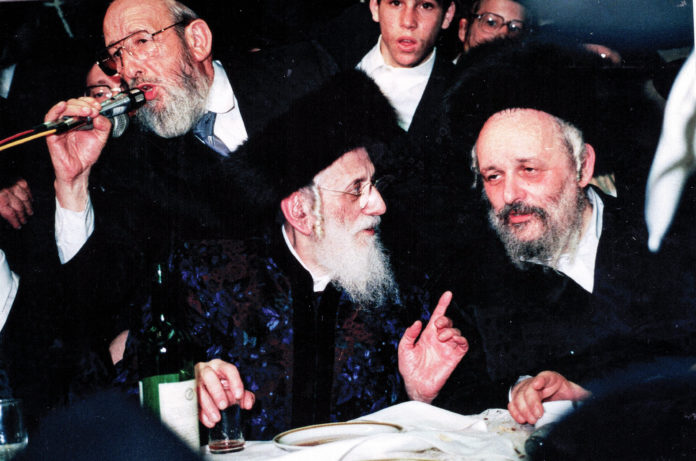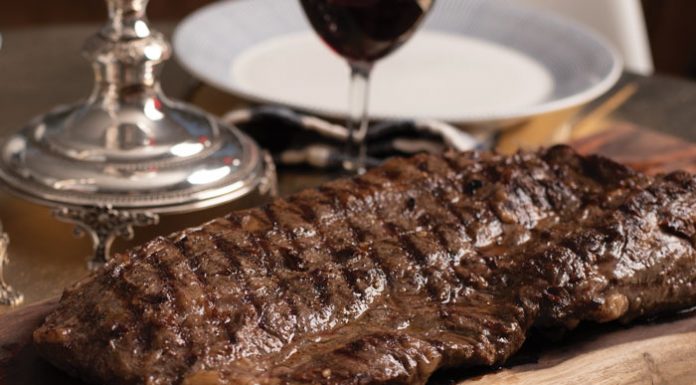Life and death are in the power of the tongue,” says Shlomo Hamelech in Mishlei (18:21). I recently experienced that truism when I was sitting shivah for my mother, a”h hk”m, and Rav Leibel Stempel from London telephoned to be menacheim aveil. Towards the end of our conversation, he asked me how old my mother was when she passed away.
When I replied that she had just turned 96, he told me that his mother, who was a daughter of the Kedushas Tzion of Bobov, was 94 when she passed away, and he had cried like a young child after her passing. Rav Stempel’s words hit home.
I was also greatly taken by his candor, and I was therefore determined to have a follow-up conversation with him about his remarkable family. I was also interested in hearing about his own life story, because Rav Stempel is a formidable personality and distinguished talmid chacham in his own right.
I recall Rav Stempel’s visits to Bobov when his uncle, Rav Shloime of Bobov, was still alive. My father would frequently daven in Bobov, and as a youngster I would deferentially observe Rav Stempel’s regal comportment from a distance. We ended up having three lengthy phone conversations, with each one being more rewarding than the next.
“When I was growing up in Crown Heights,” I share with Rav Stempel, “there were a number of Bobover chasidim there whom my father befriended, and they used to talk about how they remembered your parents’ shidduch.”
“When my father became the eidim of the Bobover Rebbe,” he replies, “the whole world shook. The entire chasidishe/Yiddishe velt couldn’t believe that the Bobover Rebbe would take an eidim whose father was a balebatishe Yid and an Aggudist. One of my father’s sisters recently passed away at the age of 100 in Antwerp. There was another sister who was also modern, and my father also had a brother who was a lawyer.
It was a real shock. When my great-grandfather, Rav Shulem Leizer [of Ratzfert, son of the Divrei Chaim of Sanz and father-in-law of Rav Bentzion of Bobov] got to know my father as a chasan, he gave my zeide a compliment and aid, ‘Now I understand why you took him.’”
“How did the shidduch come about?” I inquire.





















